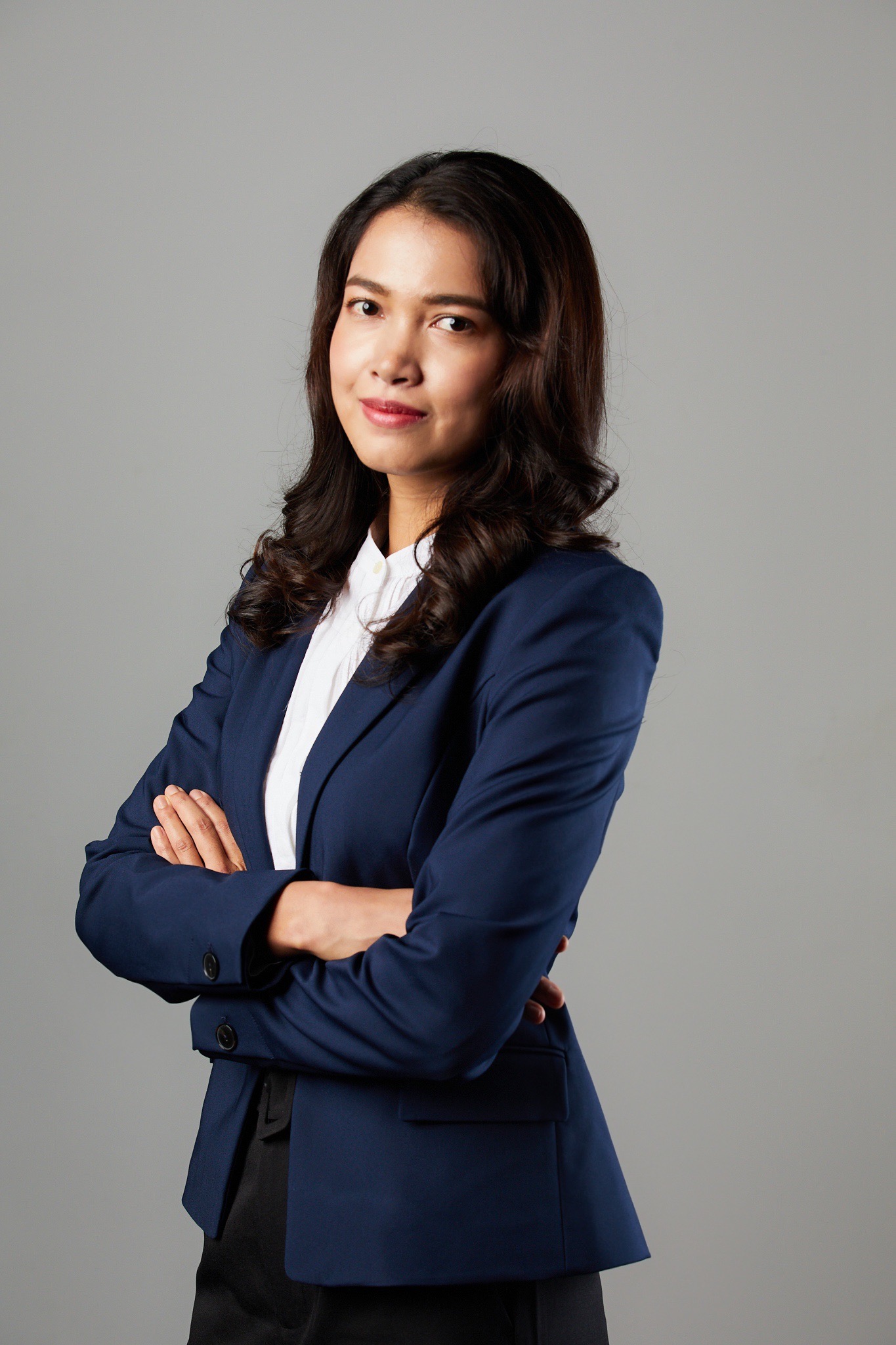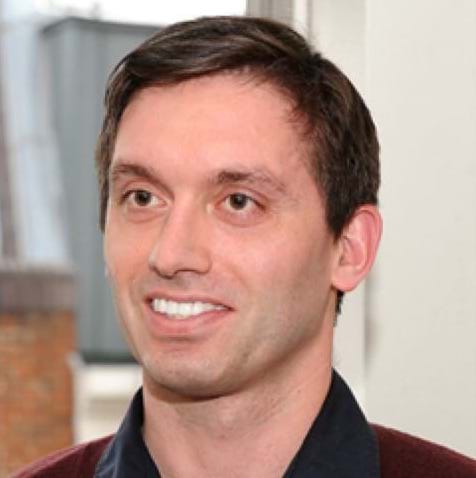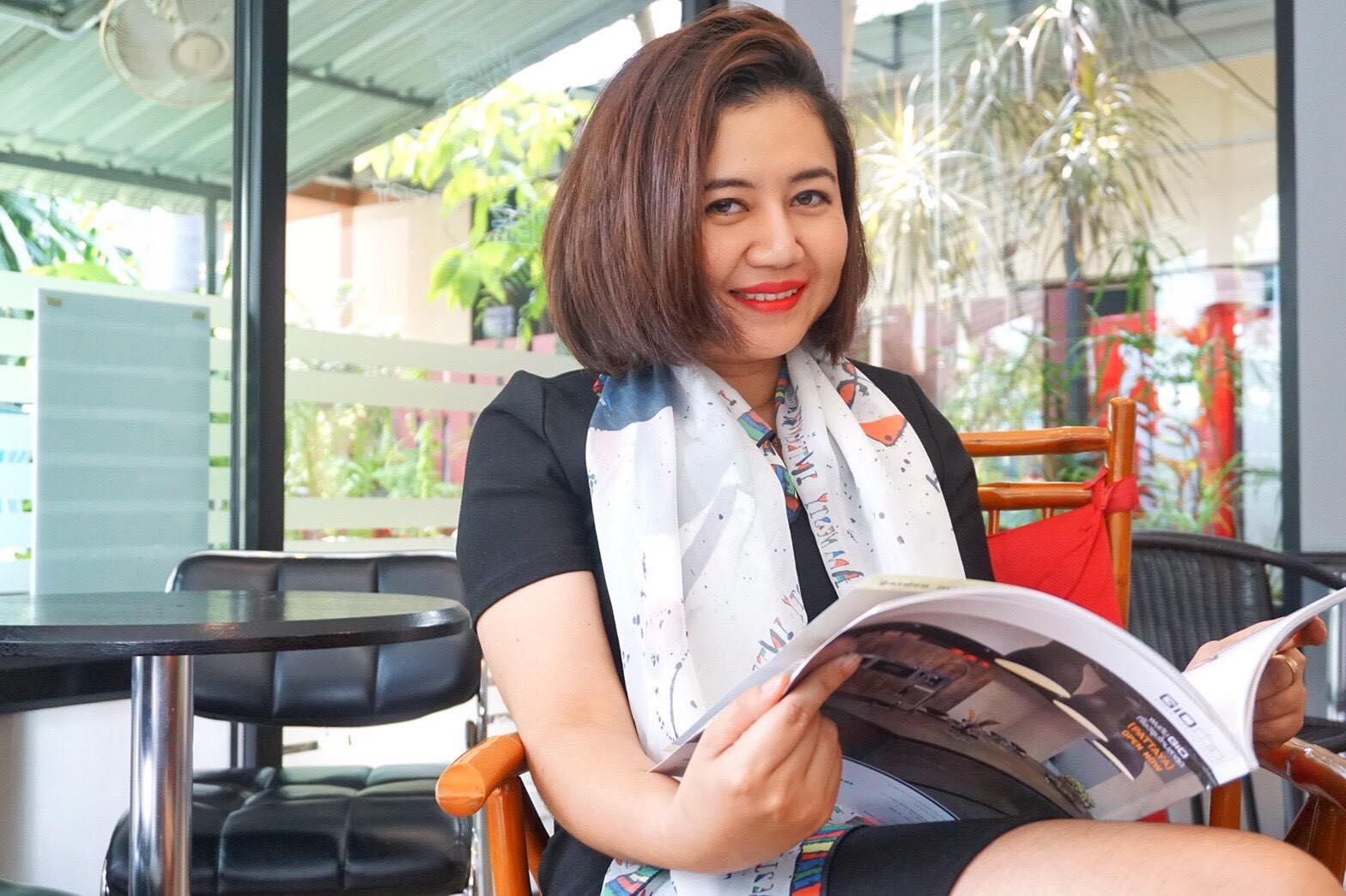Assessing Access to an Effective Remedy for Individuals and Communities Affected by Arbitrary Land Takings and Related Human Rights Violations in the ASEAN
Notes & Changes
This event will run as a Zoom Webinar. To attend, register here. Please note that this event may be recorded, with the exception of any live audience questions.
Arbitrary takings of lands of local land-inhabitants or land-users by the State or State authorities for large-scale investment projects are reportedly rampant in ASEAN. At present, however, there remains a region-wide lack of effective remedial mechanisms or forums for resolving these cases and providing redress for those affected. In some ASEAN Member States (AMS), access to justice and the availability of remedies are further limited for affected individuals and communities who lack formally recognised property rights to their land under municipal law. While domestic remedial systems remain ineffective, there is yet a regional complaint mechanism at the ASEAN level to provide affected people with additional access to remedy. In the meantime, access to remedy at the transnational and international levels remains very limited. As a result, across ASEAN, many affected people are left without appropriate remedies for their harms. Against this backdrop, Socheata Sao's thesis assessed avenue(s) that would provide viable access for affected individuals and communities, including those who lack legal rights to their land under municipal law, to seek remedies from businesses responsible, involved or otherwise linked to arbitrary land takings and related human rights violations.
In this talk about her research findings, Sao will first provide a brief background to arbitrary land takings involving business interests in ASEAN, i.e., the forms, natures, causes and actors involved in the wrongs. Then she will discuss the current state of access to remedy for affected individuals and communities in ASEAN and their major barriers to accessing a remedy at the domestic, regional, and international levels. Thereafter, she will speak of two potential remedial options for affected people to seek remedies from businesses responsible, involved or otherwise linked to their harms. The two remedial options include transnational tort litigation and access to remedy through international arbitration. The feasibility and prospect, as well as strengths and potential limitations, of each remedial option will be raised. To conclude her presentation, Sao will highlight the most viable access to remedy for individuals and communities affected by arbitrary land takings and related human rights violations in the ASEAN context.

Dr Socheata Sao is the Deputy Director of the English Language Based Master of Law (ELBML) Programme of the Royal University of Law and Economics (RULE) in Phnom Penh, Cambodia. She teaches Legal Research, Method and Analysis, and Business and Human Rights in the ELBML Programme. Socheata is also a member of the Global Business and Human Rights Scholars Association and the Teaching Business and Human Rights Forum. Socheata recently completed her law PhD at Monash University in Melbourne, Australia. Her thesis assessed avenue(s) for access to an effective remedy for victims of land grabs in the Association of Southeast Asian Nations (ASEAN). Socheata obtained her LL.M. in International Commercial Law (Distinction) from the University of Kent (in the United Kingdom) and bachelor’s degrees in Law (in Cambodia), Business Economics (in Cambodia), and Bachelor of Business Administration (in France). Before pursuing her PhD at Monash University, Socheata worked as a legal associate in a leading regional law firm in Cambodia and later as the Deputy Director of the English Language Based Bachelor of Law (ELBBL) Programme at RULE where she obtained her LL.B.
Discussants

Matthew Renshaw is an associate solicitor at Leigh Day’s international department. Matthew studied Philosophy & Psychology before training as a solicitor, and has completed an LLM in International Human Rights Law at University College, London. On qualification, Matthew spent six months working at the Office of Capital Defence Counsel in Jackson, Mississippi defending indigent persons charged with death penalty eligible offences. He then worked at Bail for Immigration Detainees, helping to secure the release from detention of asylum seekers and migrants. Since 2012 Matthew has spent much of his time working on behalf of Nigerian individuals and communities in claims involving allegations of environmental harm caused by Shell’s operations in the Niger Delta. This includes working on a claim brought on behalf of the Bodo community which resolved in 2014 and working on the Ogale and Bille jurisdictional challenges on which the Supreme Court ruled in February 2021. Matthew has also worked extensively on claims concerning allegations of human rights abuses against artisanal miners at British-owned mines, including in Mozambique (in claims against Gemfields Limited) and Tanzania (in claims against Petra Diamonds Limited). Matthew specialises in seeking to hold British companies to account for serious human rights violations and environmental damage that occurs in other countries.

Saovanee Kaewjullakarn is a legal consultant at the International Commission of Jurists. Saovanee lectured law for over eight years. After that, she decided to focus her contributions on business and human rights. She is currently employed by UNDP Thailand and by the International Commission of Jurists' Asia and Pacific Program as a legal consultant.

